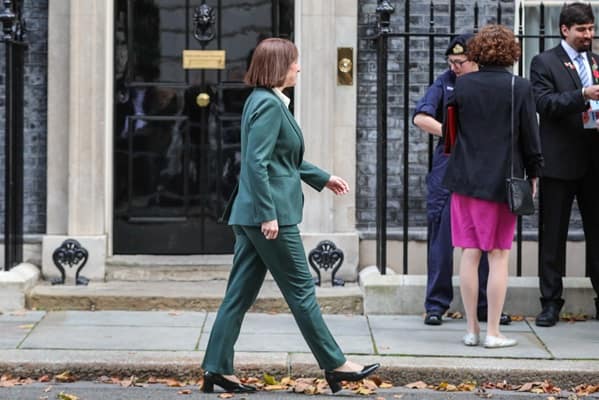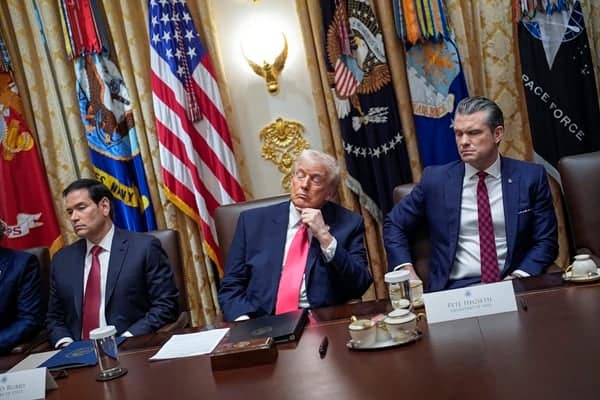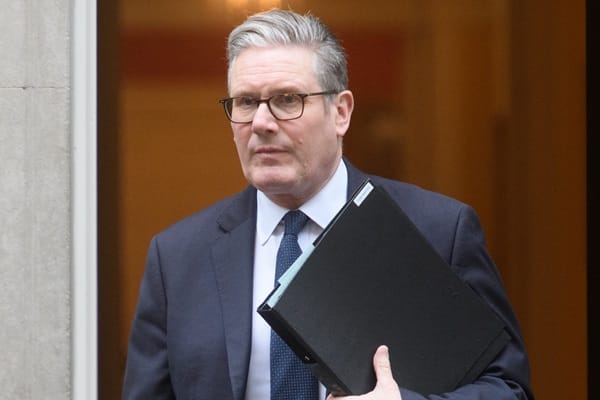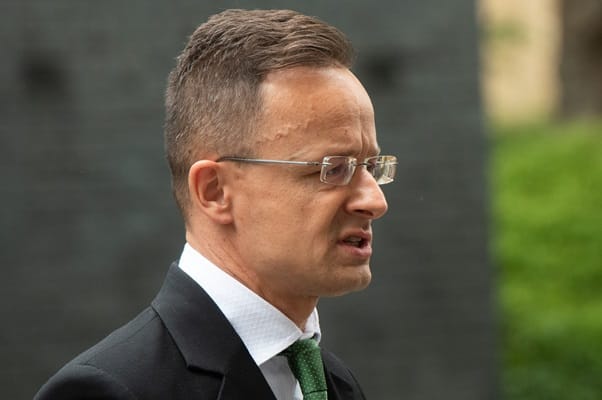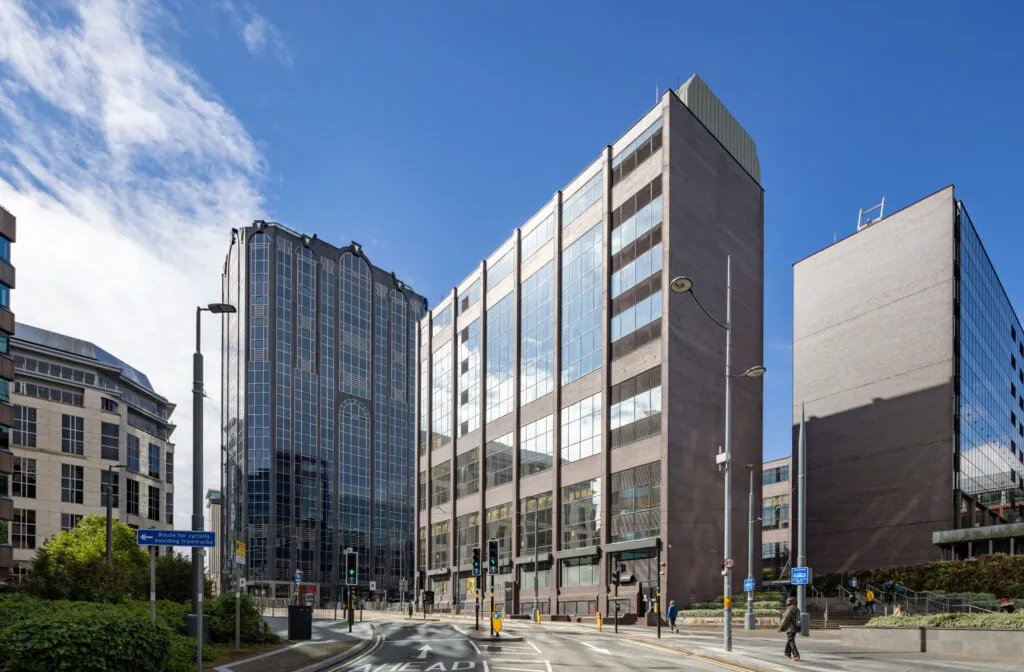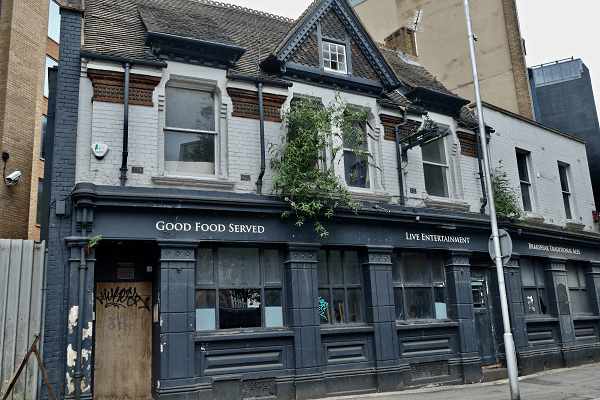Year-on-year inflation in the UK rose to 3.6% in June. This is a reminder that while price rises have slowed from the highs of 2021-23, the battle against inflation is far from over and there is no return to normality yet, especially for many households who are still feeling the squeeze on essentials such as food, energy, and services.
However, while the Bank of England is expected to take a cautious approach to interest rate policy, we still expect a cut in interest rates when the Monetary Policy Committee (MPC) next votes on 7 August.
Despite inflation at 3.6% remaining above the official 2% target, a softening labour market — slowing wage growth and decreasing job vacancies — means that the MPC will predict inflation to begin falling as we head into the new year, justifying the lowering of interest rates.
The bigger question on the economic horizon now lies with the Chancellor as the road to the Autumn Budget continues.
The OBR’s July report highlighted that the cost of the state pension triple lock is mounting — given that the triple lock guarantees an annual rise in the state pension of the highest value between CPI inflation, average earnings growth, and 2.5%, sticky inflation threatens to keep this cost rising.
This raises concerns over how long the triple lock can remain intact. With economic growth still sluggish — just 1% forecast for the year as a whole — the Government has little wriggle room for manoeuvre.
We head towards a Budget where the Chancellor will need to reconcile tax revenues and public expenditure. If she cannot do it through spending cuts (such as to pensions) then we are very likely to see tax rises.
She could always break her self-imposed fiscal rules, but her commitment to these has been steadfast. The Chancellor faces a dilemma — does she break her self-imposed fiscal rules, break a pre-election promise not to raise taxes, or take on her own party with an aggressive cost-cutting strategy?
